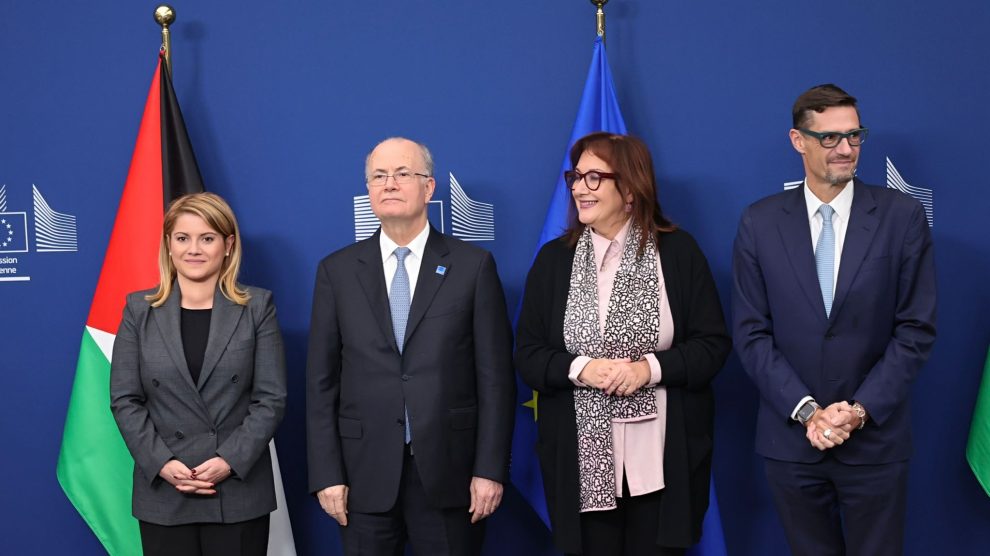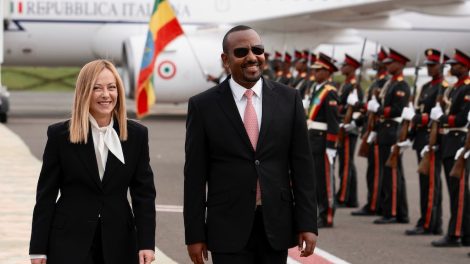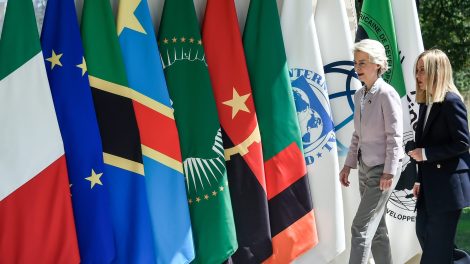The Palestinian Authority (PA) is facing a severe fiscal and banking crisis, raising the risk of institutional collapse at the very moment when Western partners expect it to take on expanded governance responsibilities.
The meeting — hosted by the European Commission — focused on:
- The humanitarian and political situation in Gaza.
- The PA’s budget sustainability amid shrinking revenue and financial pressures.
- Progress on reform commitments requested by international partners.
- Efforts to restart economic recovery in the West Bank.
Italy was represented by Deputy Foreign Minister Maria Tripodi, speaking on behalf of Foreign Minister Antonio Tajani. Tripodi stressed three points:
- Italy’s support for the PA’s reform and capacity-building efforts, viewed as essential for assuming full governance responsibilities “within internationally recognized borders,” in line with the two-state solution.
- The PA’s precarious financial and banking situation, warning of “concrete risks” of a financial collapse without rapid donor intervention.
- Italy’s commitment to humanitarian assistance and reconstruction in Gaza, recalling Tajani’s announcement of €60 million in new funding.
The PEGASE angle: During the day, Tripodi also joined Palestinian Prime Minister Mohammad Mustafa, EU Commissioner Dubravka Šuica, and German Development Minister Alabali Radovan at a dedicated event on PEGASE, the EU’s financial instrument supporting the PA.
- Italy has backed PEGASE since 2009.
- Rome is currently evaluating additional contributions, including a budget-support package for the PA.
What we’re watching: The Donor Group’s launch signals an effort by the EU and partners to stabilize the PA as diplomacy around the Trump-endorsed Gaza plan moves forward.But the PA’s financial fragility — and the need for rapid, coordinated donor action — will remain the immediate test for the new mechanism.





